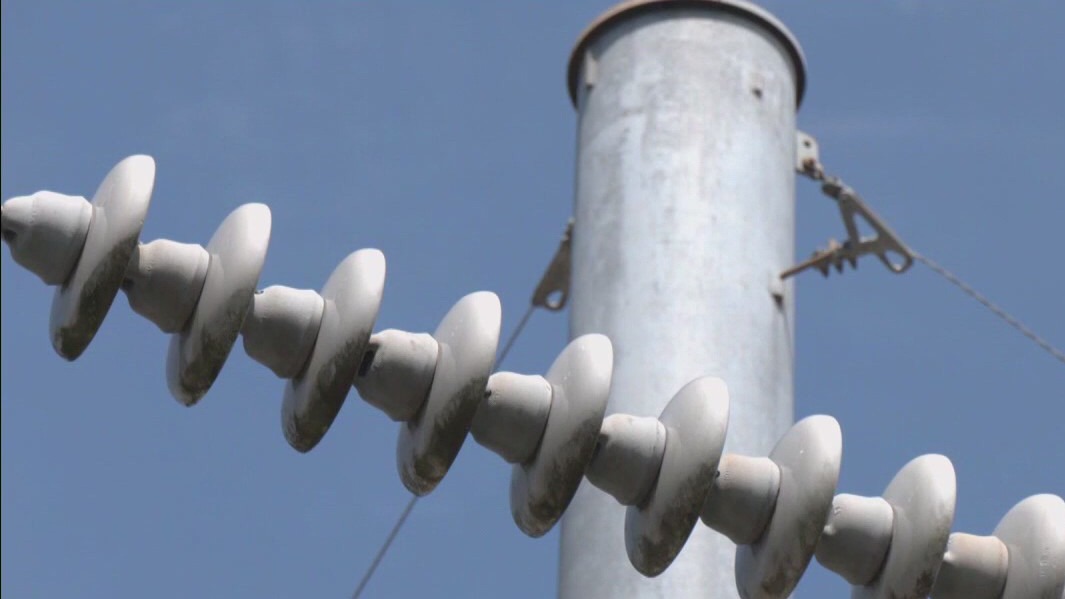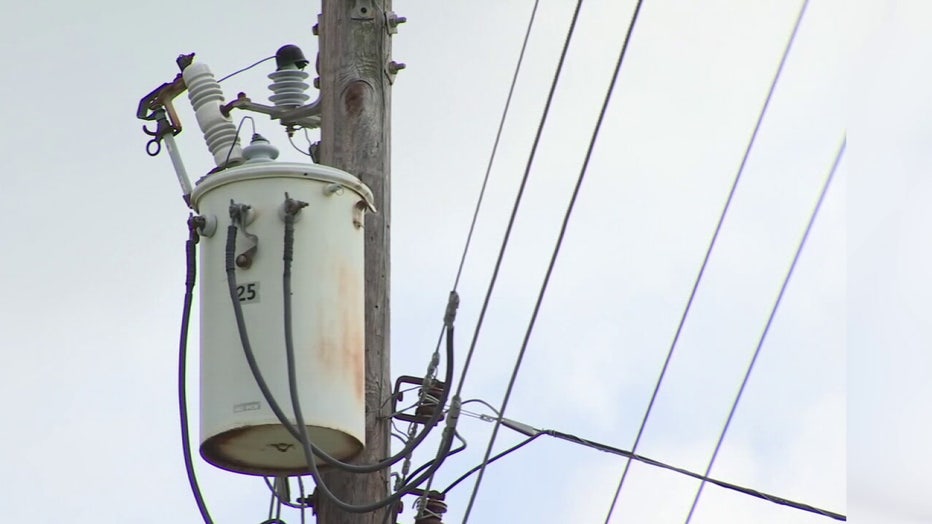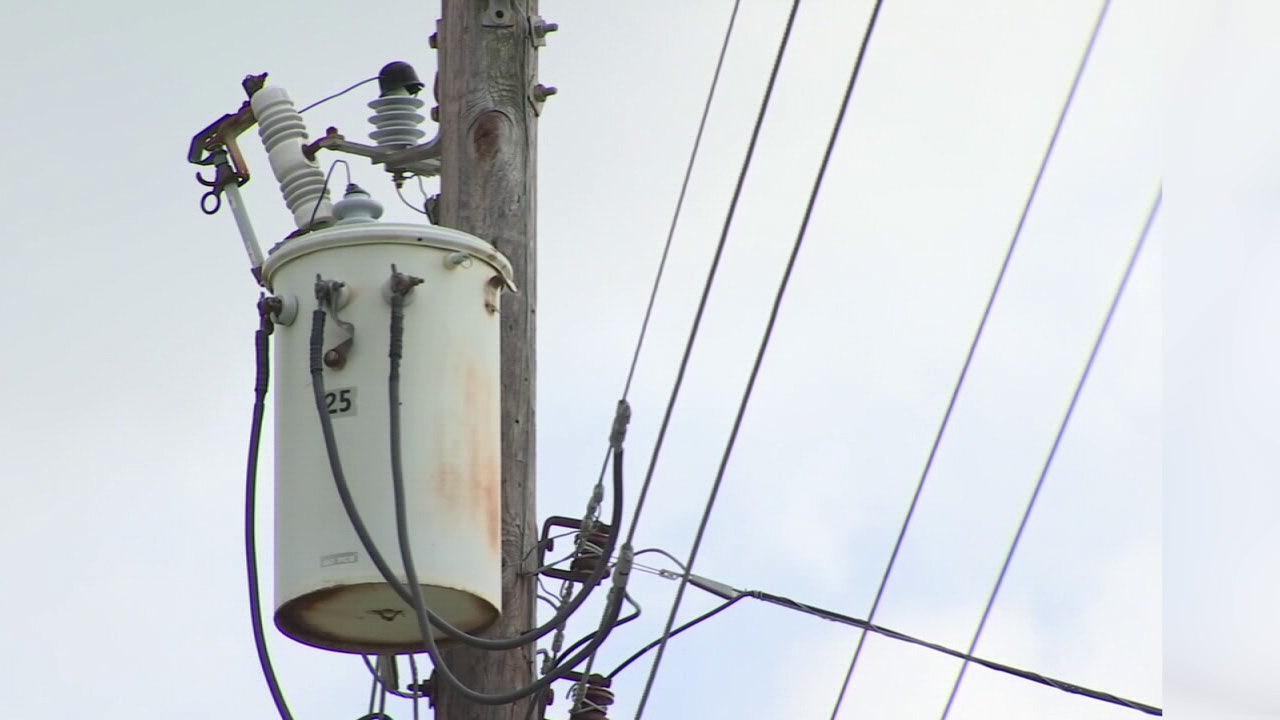
ST. PETERSBURG, Fla. – Could the city of St. Petersburg unplug itself from Duke Energy? That’s the question city leaders are now exploring after residents and council members raised concerns about high energy bills and long-term energy goals.
What we know:
The idea was brought to the table during Thursday’s city council meeting, where members voted 5-3 in favor of asking St. Pete Mayor Ken Welch to seek proposals for a feasibility study.
READ: St. pete police warning drivers cruising through flooded streets can be ticketed
The goal: To determine whether St. Pete could operate its own municipal electric utility and if it would be cheaper and more sustainable than continuing under a new contract with Duke Energy.
“Your constituents are crying out for relief from skyrocketing utility bills,” said one resident during public comment.
Council member Corey Givens Jr. echoed the frustration:
“$450 was my bill yesterday, the highest bill that I have ever received,” he said. “I was disgusted, because I felt what my constituents are feeling.”
Council member Richie Floyd, who introduced the proposal, sees this as a pivotal moment.
“This is a critical time for us to evaluate if [Duke is] really meeting our energy goals,” Floyd said, adding now is the time to consider alternatives, with the city’s 30-year contract with Duke Energy set to expire next summer. “Cities that have their own municipally controlled electrical grid have rates on average 20% lower than the city of St. Petersburg does with Duke Energy.”
Several council members made it clear supporting a possible feasibility study does not yet mean they are ready to move on from Duke.
READ: Committee forms to save St. Pete street murals targeted in new Florida mandates

The backstory:
Duke Energy has attributed its recent rate hikes in part to recovery costs from last year’s hurricane season. But for many in St. Pete, the frustration runs deeper — tied to rising costs of living and a desire for greater local control over essential services like power.
Big picture view:
Currently, dozens of Florida municipalities, including Jacksonville, Bartow, Kissimmee and Jacksonville, operate their own public utilities. Clearwater is also conducting its own feasibility study.
Council member Brandi Gabbard stressed that many residents just want the city to explore every option.
“They are the ones that are paying these bills,” Gabbard said. “They are the ones who are feeling this pain.”
The other side:
Not everyone is convinced this is the right move. Council member Mike Harting cautioned that building a utility from the ground up could be a massive undertaking. He wonders if the city could be prepared to handle it.
MORE: Mixed reactions as Shores Acres awaits ‘Elevate Florida’ decisions
“You are talking about building from scratch a billion-dollar company,” Harting said. “It needs an emergency operations center. It operates 24 hours a day. It has to be able to do things literally instantaneously.”
In a statement to FOX 13, Duke Energy spokesperson Ana Gibbs wrote:
“As we near the peak of hurricane season Duke Energy remains focused on storm preparedness and delivering the reliable power our customers need and deserve. Providing electricity is a critical service and it’s a responsibly we take very seriously. We’re continuing to strengthen the grid and deploying technology to reduce and shorten outages. We’re also investing in our community through charitable giving, supporting local businesses and working closely with city officials. We’ll continue to work with St. Petersburg, as we have for more than 125 years to ensure we’re ready to respond when storms strike. We value our relationship with the city and look forward to continuing our projects, opportunities and addressing concerns. Our commitment to our customers remains as strong as ever.”
What’s next:
Welch will now determine whether to field proposals from contractors who could conduct a feasibility study, which could then take months to complete. The study would examine financial, legal and operational implications of a city-owned utility.
The Source: Sources for this report include public comments and statements made during the St. Petersburg City Council meeting, interviews with council members, and a statement provided by Duke Energy.

